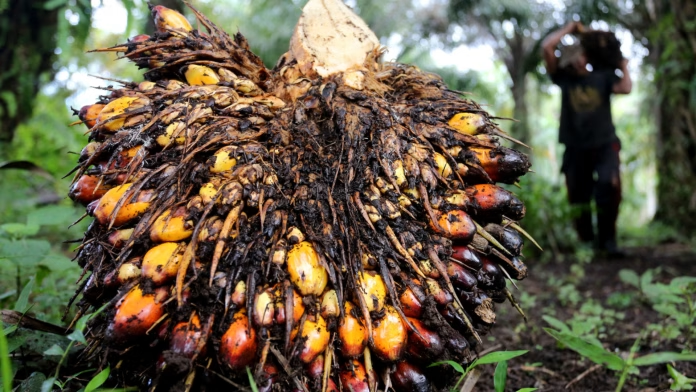In a significant move, the EU has prohibited the sale of commodities associated with deforestation, which may have ramifications for meat manufacturers, as well as suppliers of cocoa and palm oil.
Despite this, there has been opposition from countries that produce palm oil. Malaysia expressed its disappointment with the decision, labelling it as “woefully misguided” and accusing the EU of “erecting protectionist barriers”.
On April 19th, the European Parliament, the EU’s legislative body, passed a new law. Under this law, companies can only sell their products in the EU if their supplier issues a “due diligence statement” confirming that the products were not derived from deforested land or contributed to forest degradation since December 31st, 2020.
In addition, companies must ensure that their products comply with the applicable laws of the country of production, including those related to human rights, and that the rights of indigenous people impacted by the production process have been duly respected.
According to the EU, the extent of deforestation between 1990 and 2020 was greater than the bloc’s total land area, and around 10% of this loss can be attributed to member state consumption. Deforestation is a significant contributor to increasing greenhouse gas emissions, which contribute to climate change.
Apart from food, the new law also covers other products such as coffee, soy, wood, rubber, charcoal, and printed paper.
In addition, the European Parliament obtained a broader definition of forest degradation that encompasses the transformation of primary forests or naturally replenishing forests into plantation forests or other wooded areas.
Within 18 months of the regulation’s implementation, countries or regions within them will be classified through an “objective and transparent evaluation.” Products originating from countries with low risk will undergo a simplified due diligence procedure.
The EU authorities will be able to access pertinent information submitted by companies, including geolocation coordinates, and will utilize satellite monitoring tools and DNA analysis to verify the origins of products.
The penalties for violating the new deforestation regulations will be “proportionate and dissuasive,” and the highest possible fine must amount to at least 4% of the company’s total annual turnover within the EU.
Following its adoption with 552 votes in favor, 44 against, and 43 abstentions, MEP Christophe Hansen stated that, until now, supermarket shelves have often been stocked with products that have caused irreparable harm to rainforests, destroyed ecosystems, and eliminated the livelihoods of indigenous people.
“All too often, this happened without consumers knowing about it. I am relieved that European consumers can now rest assured that they will no longer be unwittingly complicit in deforestation when they eat their bar of chocolate or enjoy a well-deserved coffee. The new law is not only key in our fight against climate change and biodiversity loss but should also break the deadlock preventing us from deepening trade relations with countries that share our environmental values and ambitions.”
Responding to the move, Malaysia’s Deputy Prime Minister Datuk Seri Fadillah Yusuf said, “The regulation is a deliberate attempt to increase costs and barriers for Malaysia’s palm-oil sector.”
He said designating Malaysia as a high-risk country is “unjustified” and added “Malaysia has made, and kept, world-leading commitments to forest conservation and sustainable agriculture”.
Before the law can come into effect, it must receive formal approval from EU member countries, which is typically a process that approves pre-agreed laws without significant opposition.





